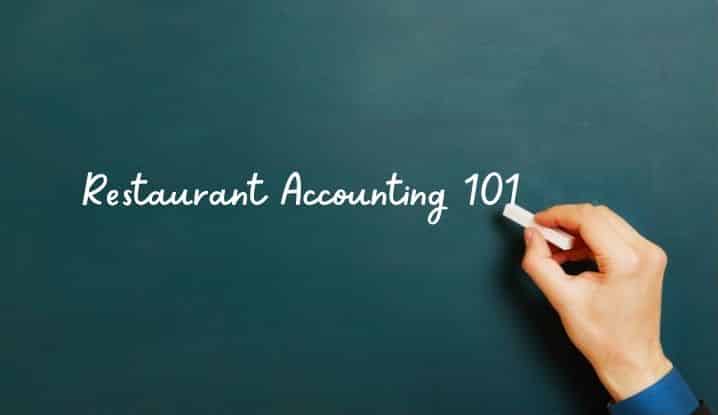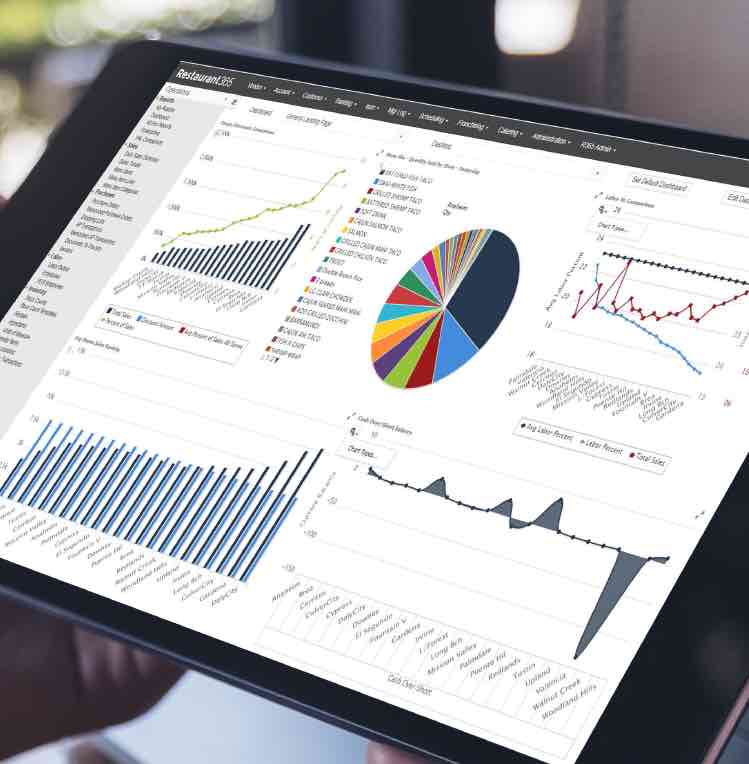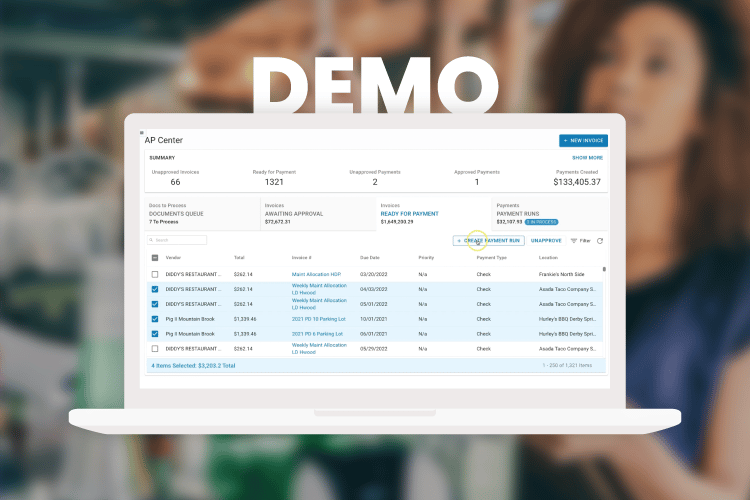Effective bookkeeping is a fundamental aspect of running a successful restaurant. It enables you to maintain accurate financial records, make informed decisions, and ensure compliance with tax regulations. In this article, we will provide a comprehensive guide to mastering restaurant bookkeeping within an integrated, all-in-one restaurant management platform. By following these essential steps, you can optimize your financial management processes and drive long-term success and growth for your restaurants.
Record Sales Through Your POS Daily
Recording daily sales and categorizing them by cash and credit sales, food versus beverage, or other metrics is vital for understanding your revenue streams. Accurate sales tracking is the foundation of effective bookkeeping.
Modern POS systems can automate this process and generate daily sales reports that provide real-time data. Integrating your POS system with your restaurant management software with further streamline the process, automating general ledger entries and ensuring up-to-date inventory and labor data giving you insights into your business’s financial performance.
Streamline Accounts Payable
Managing accounts payable effectively is crucial for maintaining positive relationships with your vendors. However, whether it’s recording, approving, or paying your vendors – also known as accounts payable – it is both error-prone and time-consuming.
Streamlining the accounts payable process into an AP automation allows you to quickly capture paper and electronic invoices and route them through customized workflows for approvals. Once the invoices are processed, payments can be sent directly and securely through the same dashboard. AP automation is particularly important for growing restaurant companies that need to scale up operations without greatly increasing accounting overhead.
Simplify the Complexities of Payroll Processing
Paying your employees is likely to be one of your business’s most complex and important tasks. Employee payroll is subject to regulations on tip reporting, payroll taxes, Medicare taxes, Social Security, and state unemployment. The level of liability for restaurant owners doing payroll on their own can be very high because filing the payroll taxes incorrectly or late can lead to steep penalties.
Outsourcing payroll services or automating the process with an integrated restaurant management platform ensures accuracy and compliance, saving time and reducing the risk of penalties. If your POS system is fully integrated with your accounting system, you can automate payroll data collection and reduce any errors due to manual entry.
Reconcile Your Bookkeeping with your Bank Accounts Frequently
Bank reconciliation is essential to ensure your bookkeeping records match your bank accounts, payroll liabilities, lines of credit, loans, and credit cards. While this task used to be time-consuming, modern restaurant accounting tools automatically match your records against your accounts, detecting any discrepancies and accounting errors quickly and accurately.
Restaurants have an usually high number of transactions., While monthly bank reconciliation used to take hours or days for a restaurant manager to complete, automated, integrated systems today can help restaurant bookkeepers get it done within a day. Using restaurant accounting tools can help you track any incorrect deposits, lost invoices, or sales discrepancies.
Analyze Your Numbers to Stay in the Black
Regularly analyzing your restaurant’s financial and operational data is crucial for restaurant bookkeepers to help the business maintain a healthy bottom line. Key reports such as profit and loss (P&L) statements and prime cost (food and labor costs) provide valuable insights into your restaurant’s performance. Analyzing your P&L daily helps you identify strengths and weaknesses in your business and take proactive measures to address any issues. Calculating and tracking food and labor costs empowers you to optimize menu prices, manage inventory efficiently, and make well-informed staffing decisions.
Conclusion
Restaurant bookkeeping plays a crucial role in effectively managing your restaurant’s finances. By keeping detailed records of costs and revenue, you can build a strong foundation for making informed business decisions.
Despite the complexities involved in running a restaurant and the unique challenges posed by the industry, maintaining seamless accounting and restaurant bookkeeping processes is achievable. Many restaurant owners now turn to specialized restaurant accounting software to streamline and automate bookkeeping tasks. Whether you handle restaurant bookkeeping yourself or rely on an accountant, adopting good restaurant bookkeeping practices will give you the insights to help your restaurants thrive.



